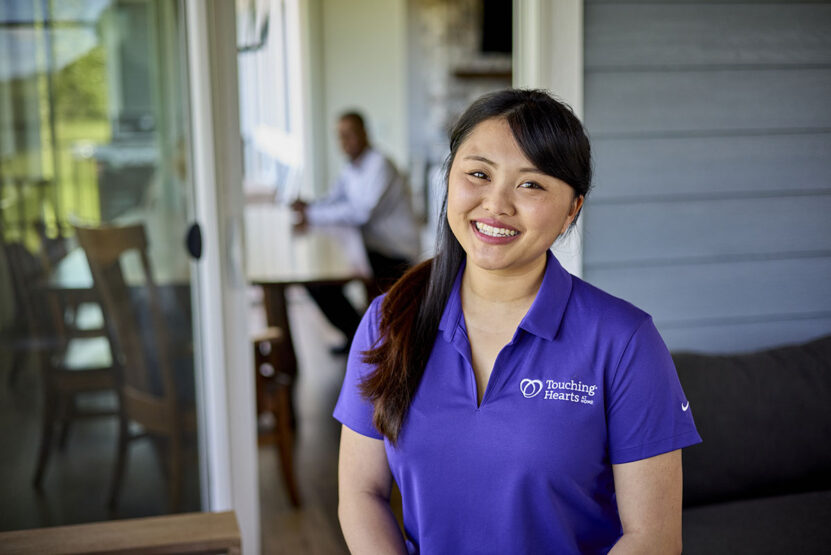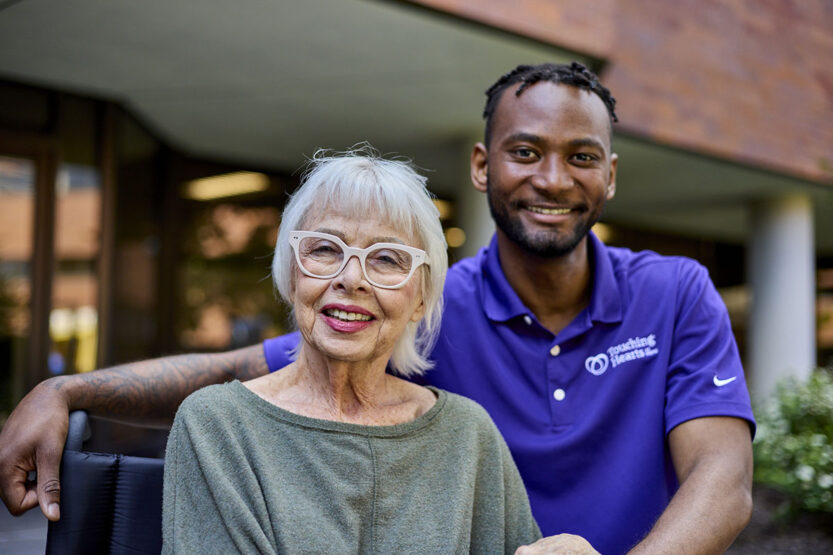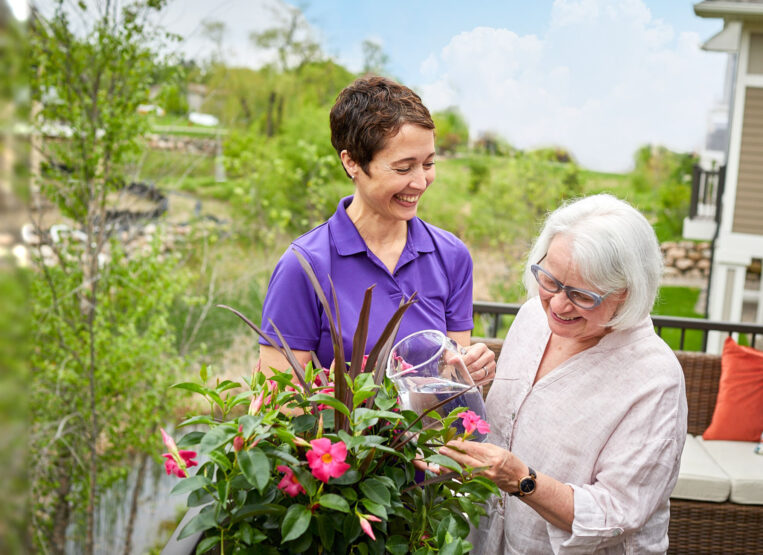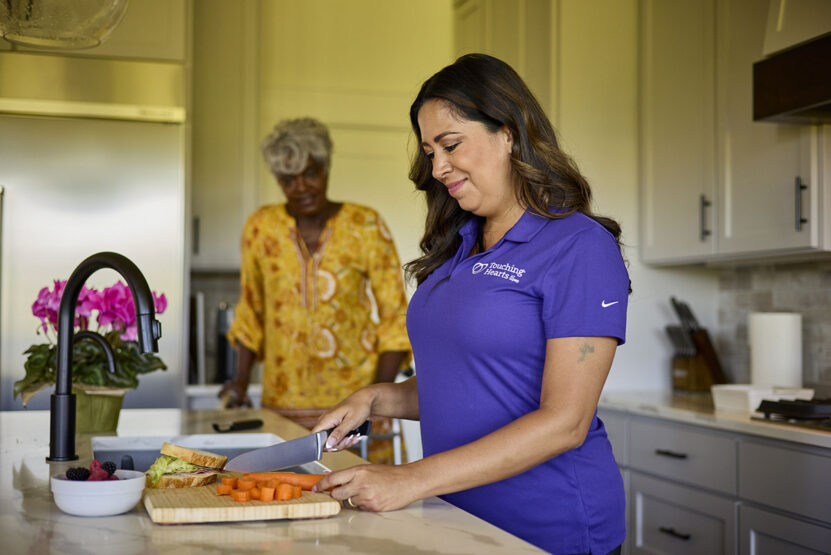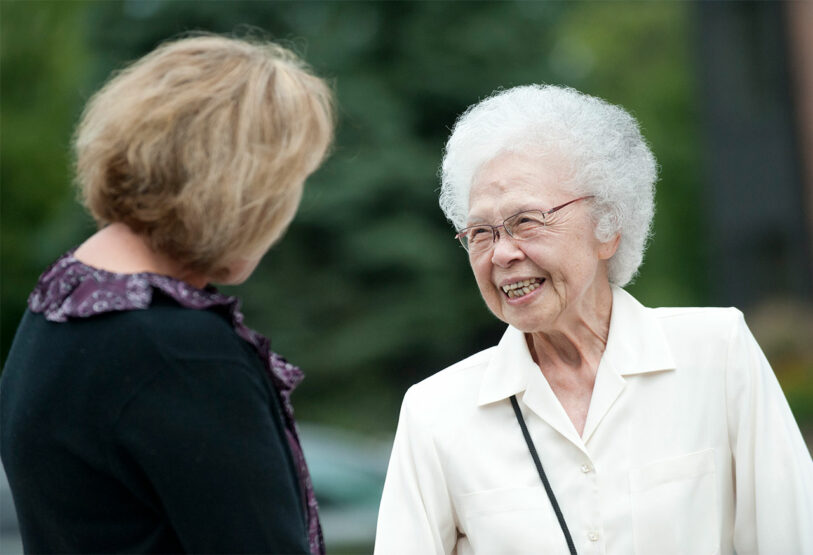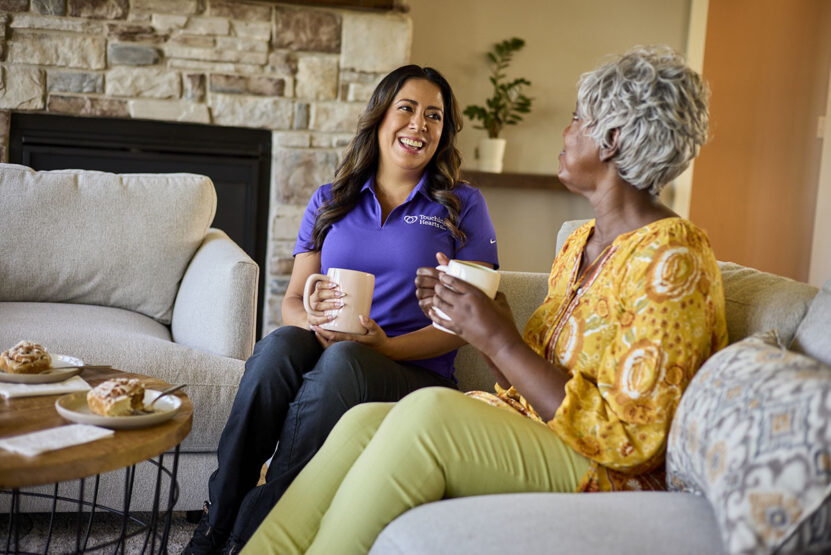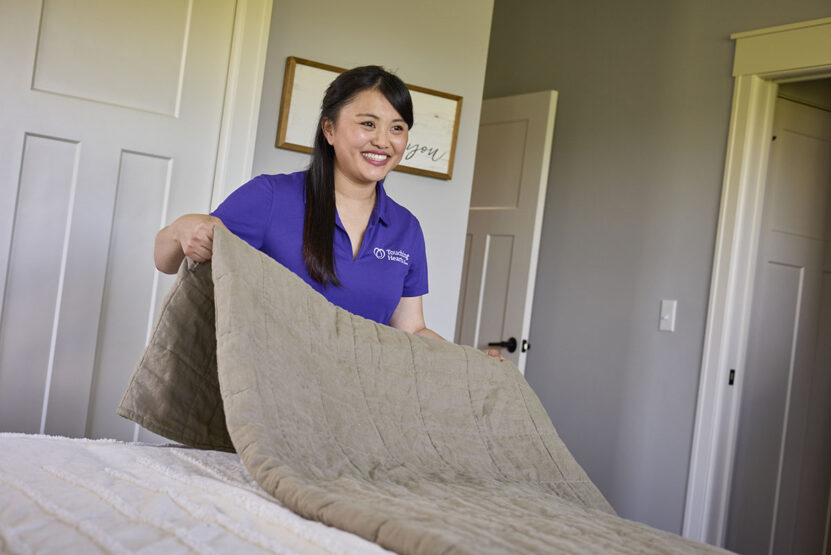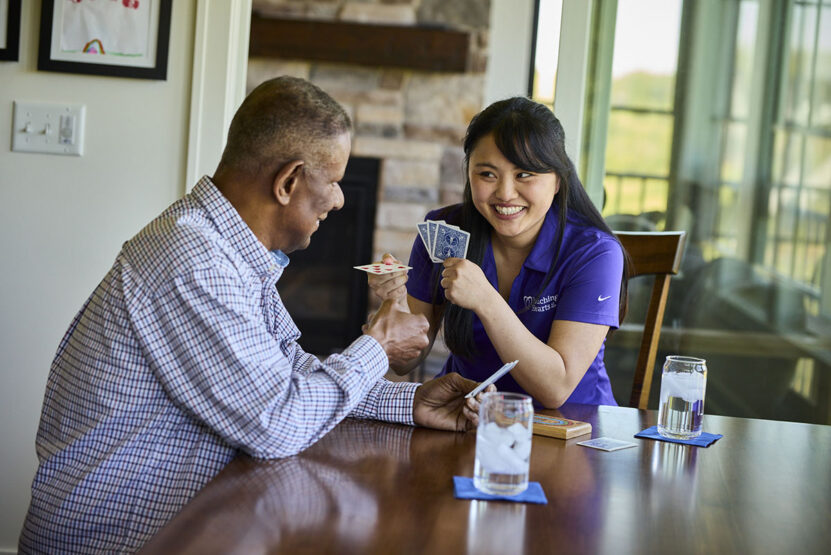How to Have More Effective Communication with the Elderly
Physical changes can affect communication.
Age-related decline in physical abilities can make communication more challenging, and some illnesses make communication more difficult. A hearing loss makes you harder to understand, so be patient and speak more clearly. Be sure you face the person when you talk, and avoid talking while you eat. Check to see if an assistive listening device could improve communication by phone.
Vision loss makes it harder for the elderly person to recognize you, so don’t take it personally.
Some elderly people experience changes in speaking ability, and their voices become weaker, or harder to understand. Be patient when listening, and be aware of when the elderly person gets tired and wants the visit to end.
Some age-related memory loss is normal as people grow older, although people experience different degrees of memory loss. Most often, short-term memory is affected, making it harder for an elderly person to remember recent events. Keep this in mind, and practice patience.
Allow the elderly person to reminisce, and to grieve.
When someone lives to be very old, it’s impossible not to experience some feelings of significant loss. The deaths of relatives and friends, losing the ability to work and be independent, changes in health and finances, and being unable to make simple decisions can all affect an elderly person’s self-esteem.
These losses can create sadness, and grieving. Common responses to grieving are depression, social withdrawal, and irritability, so look for these symptoms in the elderly person and seek medical advice or counseling.
Respect the elderly person’s background, knowledge, and values.
Because an elderly person’s life experience may be very different from yours, it’s important to let the person express those thoughts and feelings, and to respect them even if you disagree.
Tips for improving communication with elderly loved ones from Sharon O’Brien

